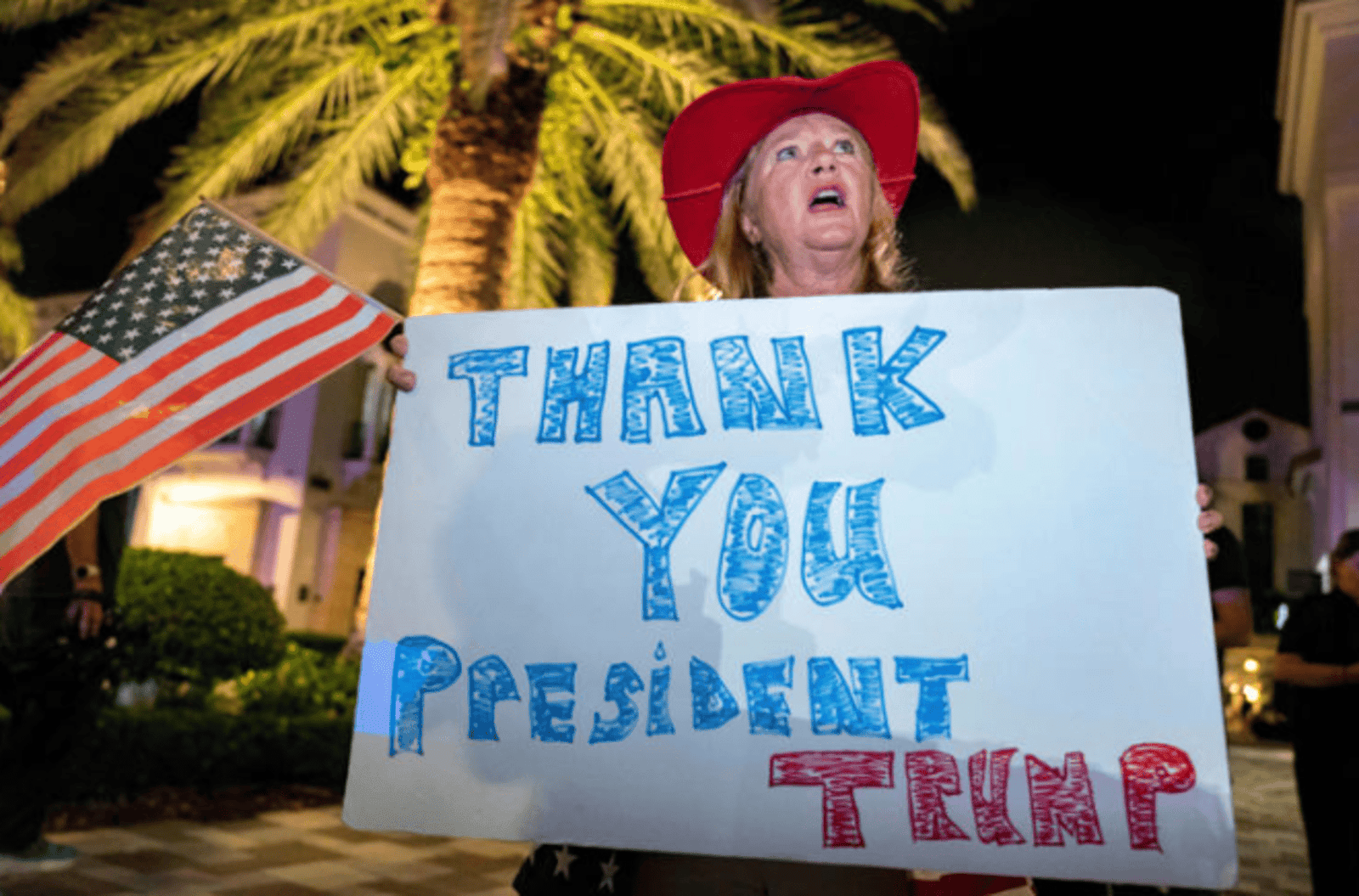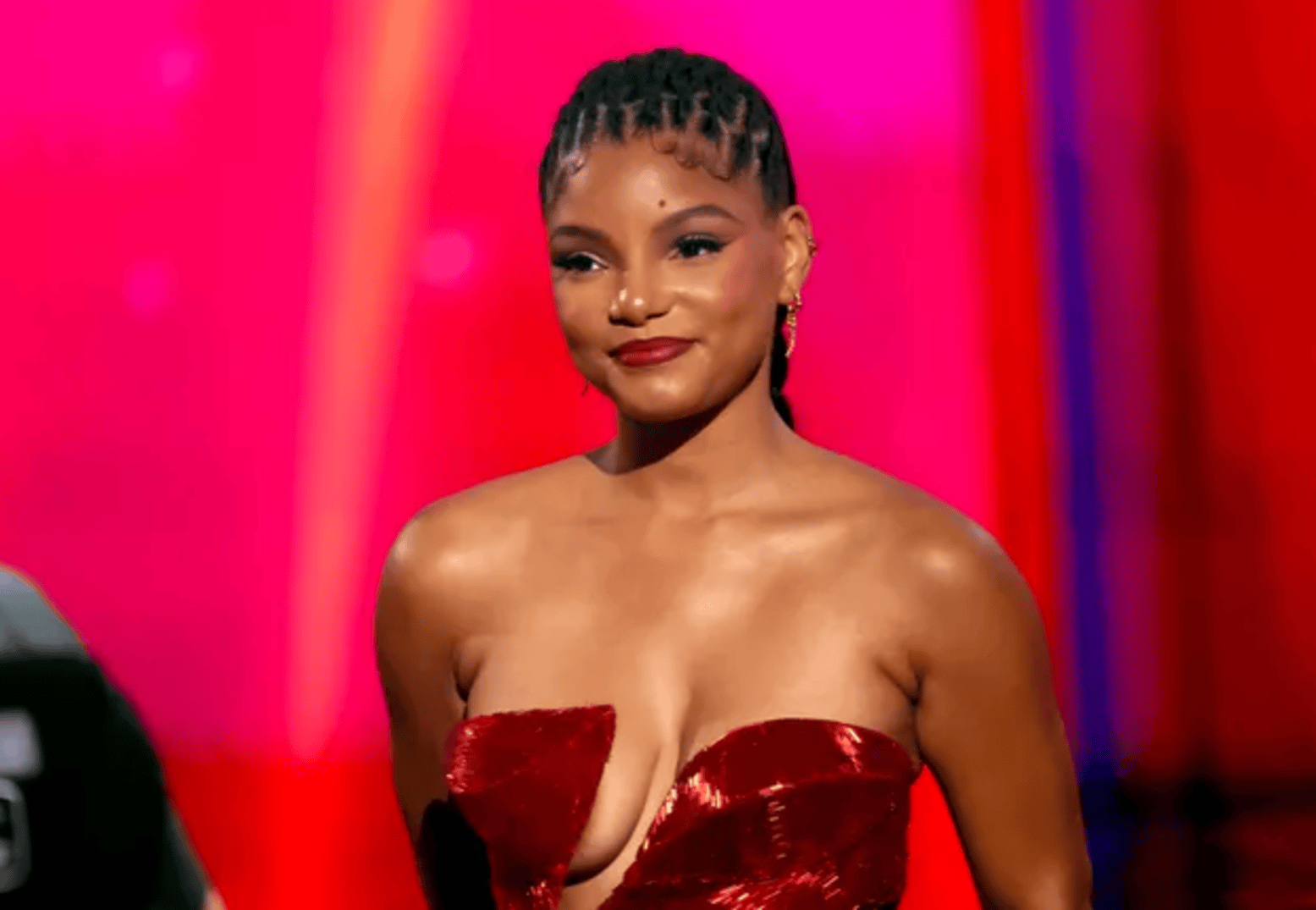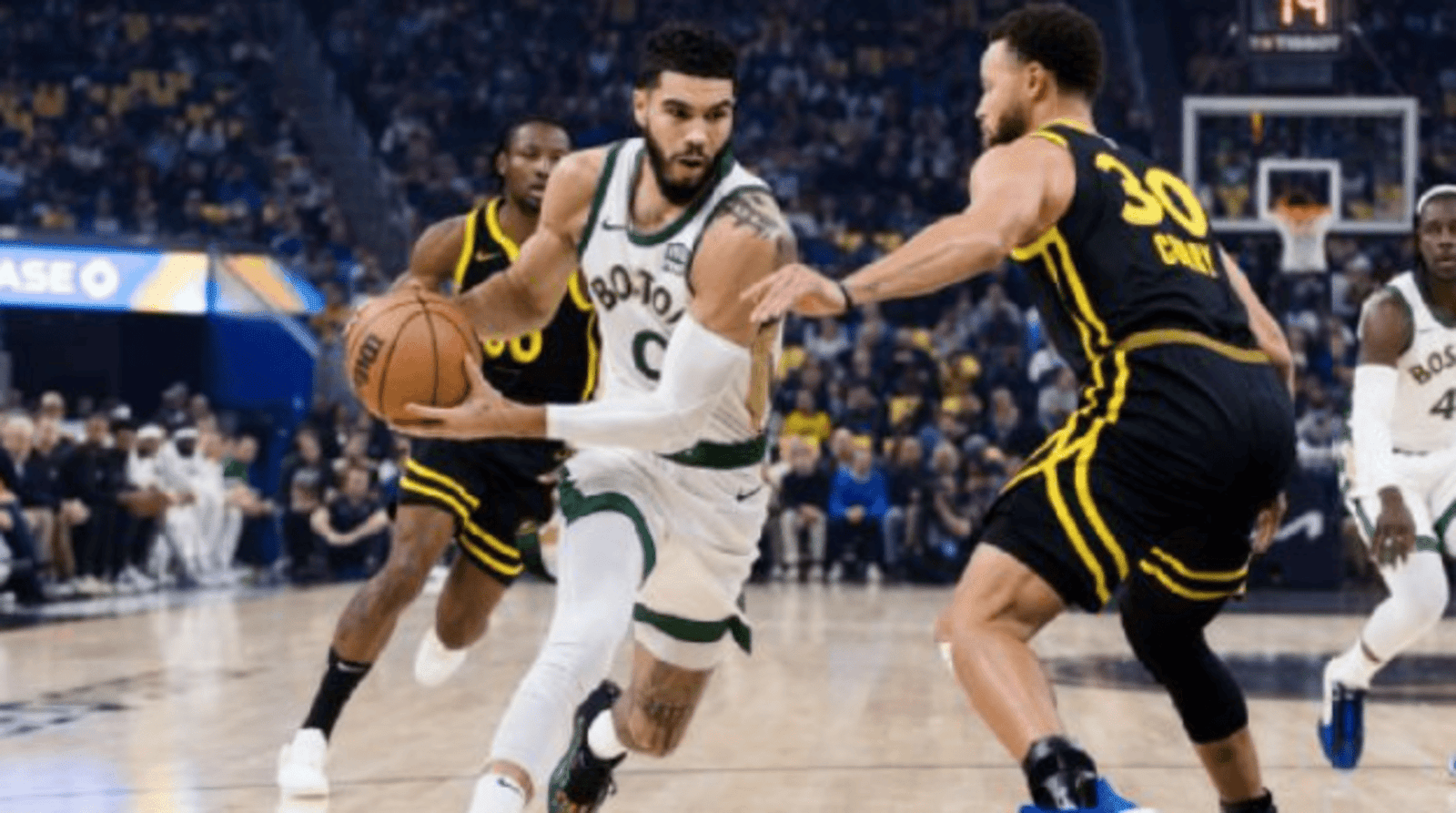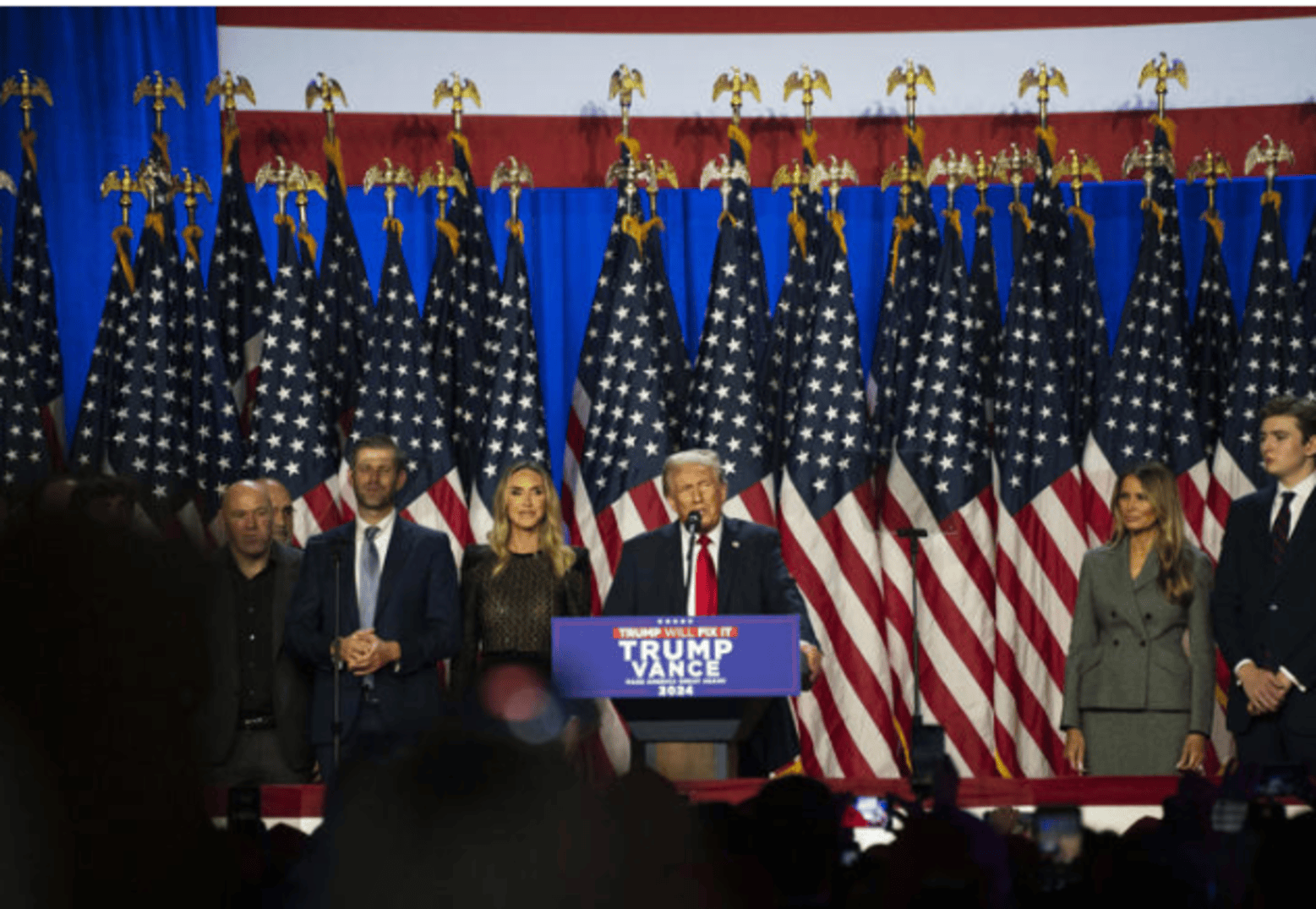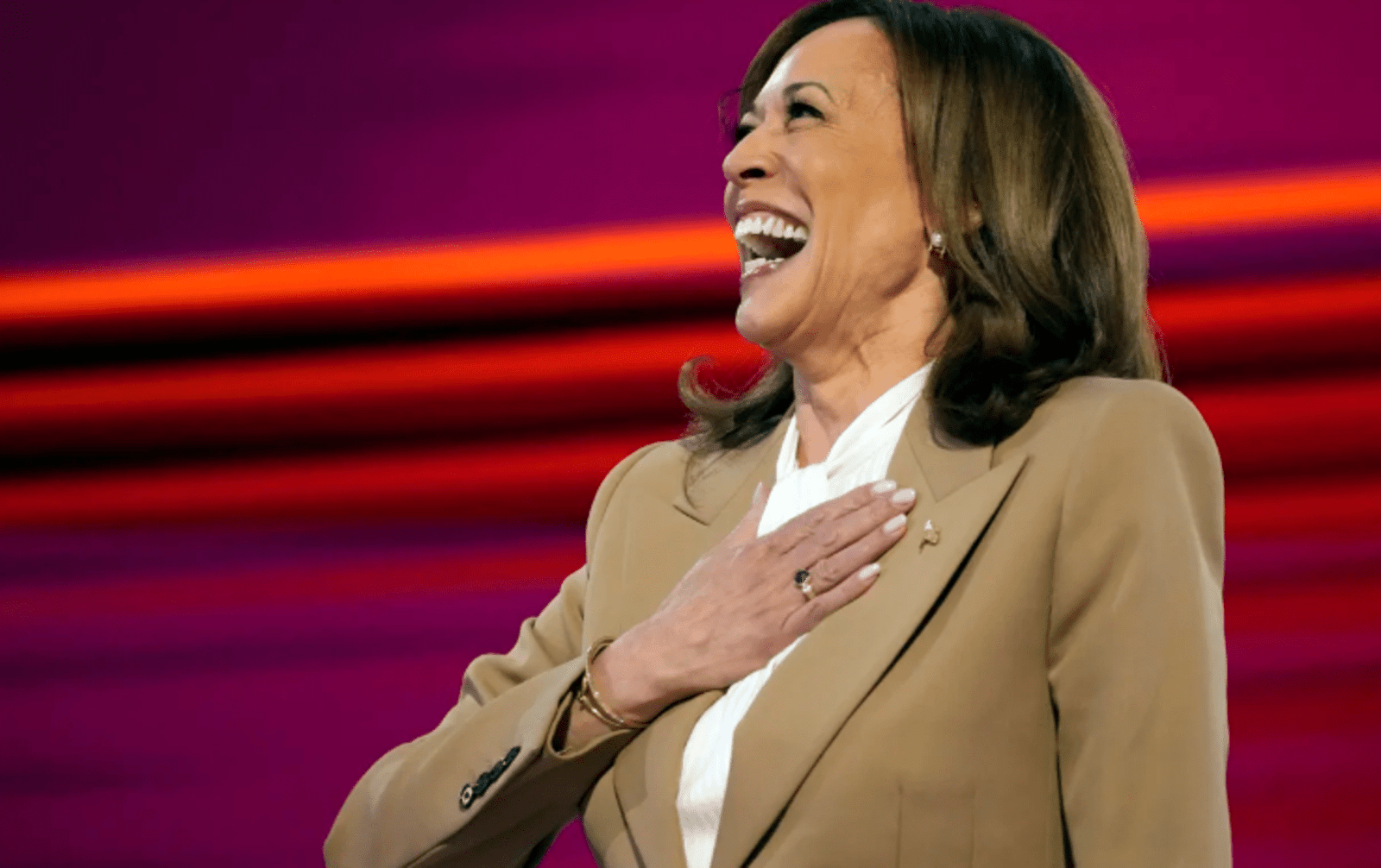
5 Highlights from DNC Opening Night.A Look at the Opening Night of the 2024 Democratic National Convention
Kamala Harris Energizes the Crowd
On the first day of the 2024 Democratic National Convention, Vice President Kamala Harris made a surprise appearance that electrified the audience. As Beyoncé’s powerful anthem “Freedom” played, Harris walked onto the stage to a rousing standing ovation. Her brief address set the tone for what she promised would be a “great week” at the convention.
Wearing a tan suit, Harris looked out over the crowd, which she described as a reflection of the “beauty of our great nation.” Her words focused on the importance of unity and forward movement. Harris expressed gratitude towards President Joe Biden for his “historic leadership” and “lifetime of service,” underscoring her commitment to building on his legacy.
The Vice President led the audience in a chant of her campaign slogan, “When we fight, we win,” rallying the attendees for the days ahead. The evening’s program culminated in a truly electrifying moment, filled with energy and anticipation. This peak in excitement was undoubtedly a standout feature of the event.
Night One: A Broad Spectrum of Speakers
The convention, held at the United Center in Chicago, kicked off with a diverse array of speakers and performances. The first night featured not only Harris but also several notable figures who took the stage to address various aspects of the Democratic agenda.
Hillary Clinton, former Secretary of State and 2016 Democratic presidential nominee delivered a poignant speech that paid tribute to past female leaders in politics. Clinton highlighted the historical significance of Kamala Harris’s candidacy, framing it as a continuation of the fight for gender equality in leadership. She reflected on the legacy of women like Shirley Chisholm and Geraldine Ferraro, who broke new ground in their times. Clinton emphasized that Harris’s presence represented a significant achievement for women in politics.
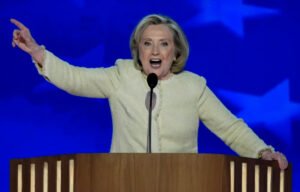
Clinton’s speech also took a sharp turn towards contemporary political battles, with pointed remarks about Donald Trump. She recounted Trump’s legal troubles, leading the crowd in a chant of “Lock him up! In stark contrast to the chants she faced during the 2016 campaign, the crowd now cheered her on. Public opinion had undergone a dramatic transformation, indicating a marked shift in attitudes. This change was evident in various aspects of public discourse. This moment resonated with the audience, underscoring the ongoing tensions and divisions in American politics.
Alexandria Ocasio-Cortez and the Middle-Class Message
Alexandria Ocasio-Cortez also made a notable appearance, using her platform to emphasize Kamala Harris’s connection to the middle class. Ocasio-Cortez, known for her progressive stance on various issues, highlighted Harris’s dedication to working-class concerns. She contrasted Harris’s background with that of Donald Trump, describing Harris as a champion for the middle class and criticizing Trump as a figure who prioritizes personal gain over the welfare of the nation.
Ocasio-Cortez’s speech also briefly touched on the ongoing conflict in Gaza, marking the first mention of this hot-button issue at the convention. Her remarks were aimed at addressing the complex and often contentious debate over the U.S. response to the Israel-Hamas conflict.
Shawn Fain’s Labor Movement Perspective
Shawn Fain, the president of the United Auto Workers (UAW), delivered a passionate and emphatic speech endorsing Kamala Harris while taking a strong stance against Donald Trump. Fain’s speech was a staunch defense of labor rights and workers’ interests, portraying Harris as a strong advocate for the working class. His rhetoric, including calling Trump a “scab,” resonated with the crowd, who responded with chants of approval.
Fain’s address also included a moment of levity when he removed his coat and quoted the rapper Nelly, adding a touch of humor to his passionate advocacy for labor rights.
Entertainment and Cultural Moments
The evening was not solely focused on political speeches. The convention featured performances by notable musical artists such as James Taylor and Mickey Guyton. These performances added a cultural dimension to the event, complementing the political and rhetorical elements of the evening.
Actor Tony Goldwyn, known for his role as a fictional president on the TV show “Scandal,” served as the celebrity host for the night. Goldwyn’s role was to provide a preview of the convention’s schedule and highlight the significance of the week’s events. His presence was a nod to the intersection of entertainment and politics, reflecting the broader appeal of the convention’s programming.
Protests and Public Sentiment
Outside the convention venue, the atmosphere was charged with activism and dissent. Thousands of protesters gathered to voice their opposition to the Biden administration’s stance on the Israel-Gaza conflict. The protests were marked by a significant display of public sentiment, with demonstrators calling for a ceasefire and expressing frustration with U.S. foreign policy.
The protests included a dramatic moment when a group of demonstrators breached a security fence, leading to a temporary escalation in tensions. Despite these incidents, the inner security perimeter remained intact, and the convention proceeded without major disruption.
Influencers and Grassroots Engagement
The influence of social media and grassroots activism was prominently showcased at the convention. Social media influencer Deja Foxx spoke about the importance of reproductive rights and Kamala Harris’s commitment to these issues. Foxx’s address highlighted the influence of digital platforms in shaping political discourse and mobilizing support.
In summary, the opening night of the 2024 Democratic National Convention was a dynamic and multifaceted event. With powerful speeches, energetic performances, and significant public demonstrations, the night set the stage for a week of intense political engagement and discourse. The blend of traditional political rhetoric and modern cultural elements underscored the evolving nature of political conventions in the digital age.


